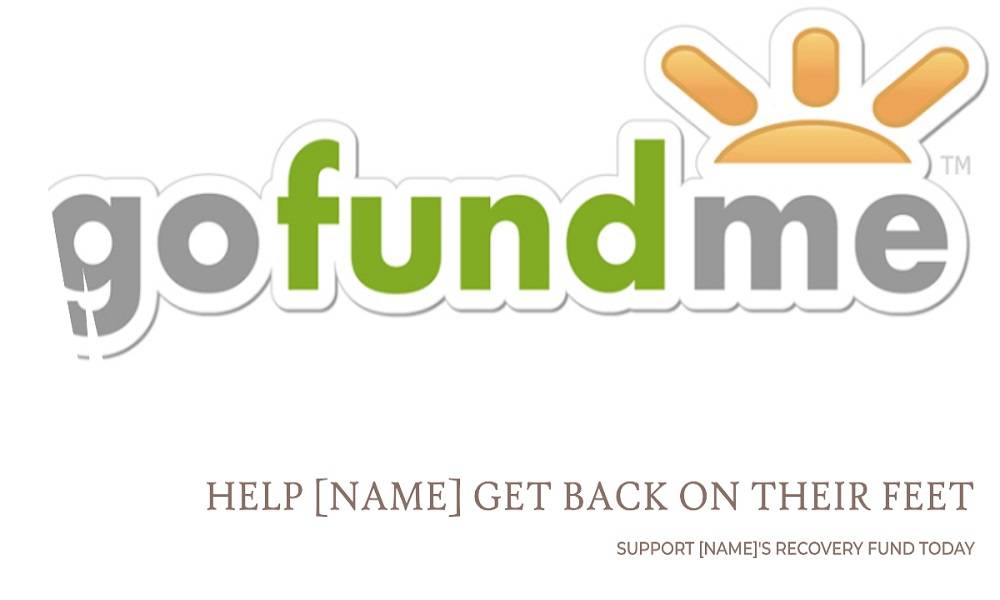What Is an Occupational Health Check?

An Occupational Health Check aims to assess the health risks associated with working in a specific workplace. It is also a legal requirement and integral to many employee assistance programs. The check is carried out on employees, but it is also essential to protect the community. Employers must comply with the legislation and provide adequate care for their employees.
Occupational Health Checks are Required by Law.
Occupational health checks are a legal requirement for you if you have employees who work in a workplace. These assessments are conducted with the employees’ consent and result in a certificate of fitness to work. The certificate will outline the employee’s ability to perform their work and recommend job modification if necessary.
These assessments are essential because they ensure that employees are fit for their roles. In addition, they prevent injuries that might result from work-related conditions. These assessments are also crucial for employees recently returning to the workplace after an extended period. In addition, occupational health assessments help employers determine whether their staff is physically fit for the role.
Occupational health screenings vary depending on the job. Some states require that employers require screenings of new employees before giving them a conditional employment offer. However, employers should consult legal counsel before requiring an occupational health screening. If you are considering requiring an occupational health screening, contact a reputable provider who will evaluate your company’s needs and perform the tests. They should also be able to schedule appointments and provide specific reports. A certified technician should perform the assessments under the supervision of an occupational health nurse.
They ensure that employers are complying with their obligations to their employees.
The Occupational Health and Safety Act requires employers to take reasonable steps to protect employees from workplace health risks. The Act also stipulates specific requirements for personal protective equipment. Workers must use any personal protective equipment their employers require and comply with all applicable regulatory requirements. Occupational health checks are one way to ensure that employers are meeting their obligations.
The Ministry of Labour investigates workplace health and safety complaints and works with other government agencies to provide support and enforcement. In addition to monitoring workplace health and safety, the Ministry of Labour also regulates workplace safety. It enforces federal and state laws regarding workplace health and safety.
The law requires employers to conduct daily health checks on their workers, including taking their temperatures and asking about any specific symptoms. In addition, employers must implement a health screening policy based on the latest standards for the industry.
They are a part of employee assistance programs.
Employee Assistance Programmes (EAPs) are a common practice in today’s workplace, providing services to reduce workplace problems. They include screenings, assessments, and interventions for a range of problems. In addition, employee assistance programs can help prevent issues before they escalate. They can also provide employee assistance for coping with personal problems, including depression, substance abuse, and more.
An Employee Assistance Program offers confidential counseling services for employees and links them with community resources for help. Employees can sign up for these services through a brochure in each office. The services are confidential, and the counselor knows nothing about the employee except the employee and the counselor. In addition, the EAP counselor will consult with the supervisor to determine whether the employee needs more help.
EAPs are free and confidential, and employees can discuss sensitive issues with a counselor in the privacy of the workplace. Employees can also seek assistance if they are experiencing marital problems or substance abuse affecting their work performance. In some cases, EAPs can provide access to a Critical Incident Stress Management team (CISM) for employees who have experienced a traumatic incident.
They are a risk to the community.
Occupational health checks are essential for several reasons. The first is to evaluate an employee’s ability to work and assess their health to reduce their risk of developing significant ailments. These checks assess an employee’s health, as well as their job, living conditions, and workplace environment. Occupational health checks also help employers identify potential health risks for the community and the employees.
In addition to preventing diseases, health checks provide early detection of risk factors for work-related illness. This results in early intervention for the workers and, ultimately, a reduction in the health burden of the community. In many countries, population-based screening programs have been implemented to reduce the risk of chronic disease in the workplace. For example, in the UK, general practitioners receive incentives to screen their patients for cardiovascular risk factors. This practice has spread to the workplace and is commonly provided by occupational health services.
Another reason why workplaces should perform occupational health assessments is that people with disabilities may pose a risk to other people. For example, if someone is disabled, their work may worsen their condition, putting them at risk for disease transmission and other conditions. Additionally, an employee with a disability may pose a risk to others in the workplace, such as those who handle food or heavy goods.










